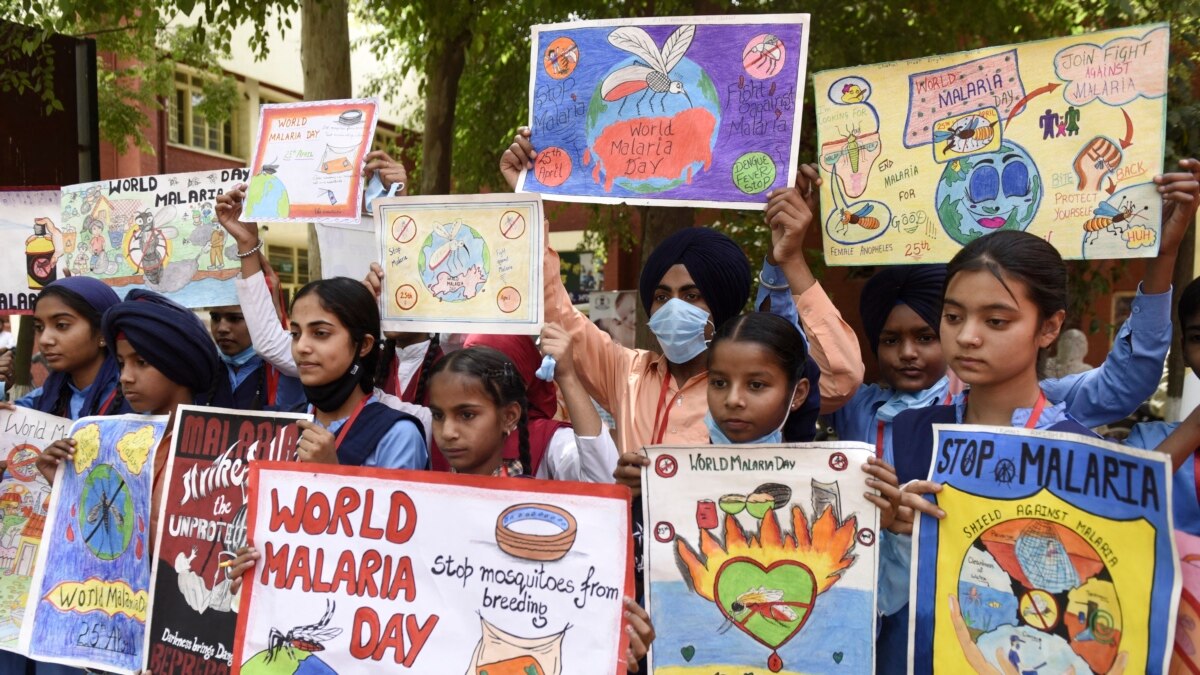A few days ago, Semina Samuel’s two-year-old son woke up with a fiery fever. She immediately took him to a clinic in the area where malaria was detected.
Samuel says she had to treat her son because of her illness for the second time this month alone.
“We live near bushes, where there are trash cans and stagnant water. That’s what attracts mosquitoes … we spend the night in the hospital and he gives some medicine. Was done. “
According to health experts, Nigeria killed more than 200,000 people in more than 61 million malaria last year.
According to the World Health Organization, 96% of malaria deaths occur in Africa, with Nigeria alone accounting for 31.9%. Children under the age of 5 are the most vulnerable.
Last year, WHO launched Mosquirix, the first malaria vaccine. Testing has proved to be safe and effective.
In a WHO broadcast on Monday, Secretary Tedros Adhanom Ghebreyesus called for vaccines to be adopted throughout Africa. “Today, WHO recommends the widespread use of the world’s first malaria vaccine, a breakthrough in science, child health and malaria control.”
However, WHO warns that vaccine deployments may face hesitation and accessibility issues.
Olanrewaju Akintobi is the Program Director of Wellahealth, a technology start-up in Nigeria, with a focus on rapid testing and treatment of malaria.
“Even when introducing a new vaccine, they still have to go through a community acceptance process to really see what you’re giving, and the vaccine is still in the pilot stage,” said Akintobi. “Is it a one-time event or is it a continuous vaccination process? Because mosquitoes are still very around.”
Akintobi said the vaccine has not yet ruled out the need for antimalarial drugs.
“Beyond vaccines, a scalable system to ensure that people have access to medicines, quality treatments when malaria cases occur, and overall quality medical services. I think we need it, “says Akintobi.
Pharmaceutical giant GlaxoSmithKline (GSK) has agreed to donate 10 million doses of Mosquirix to pilot research countries, promising 15 million doses annually. But experts say more doses will be needed each year to reach the millions of people in need.




